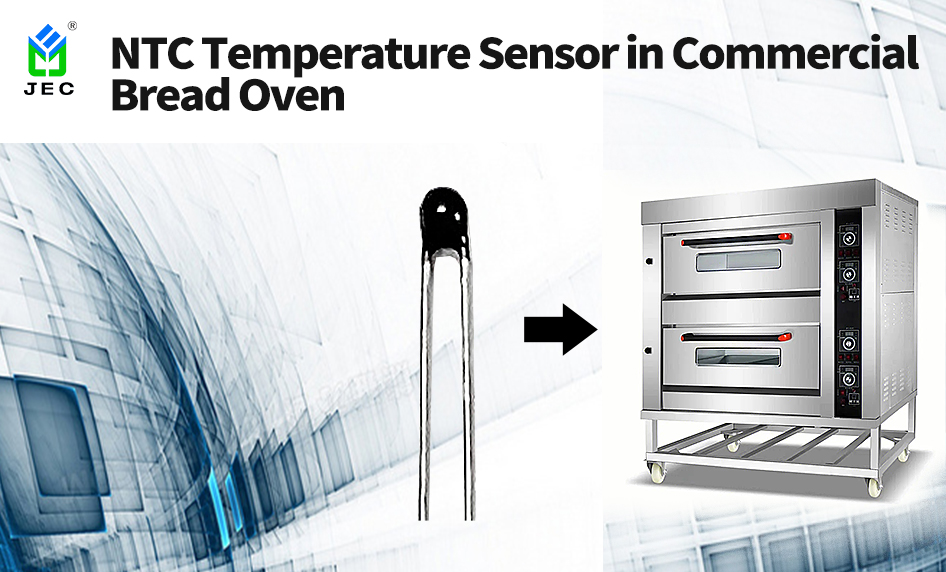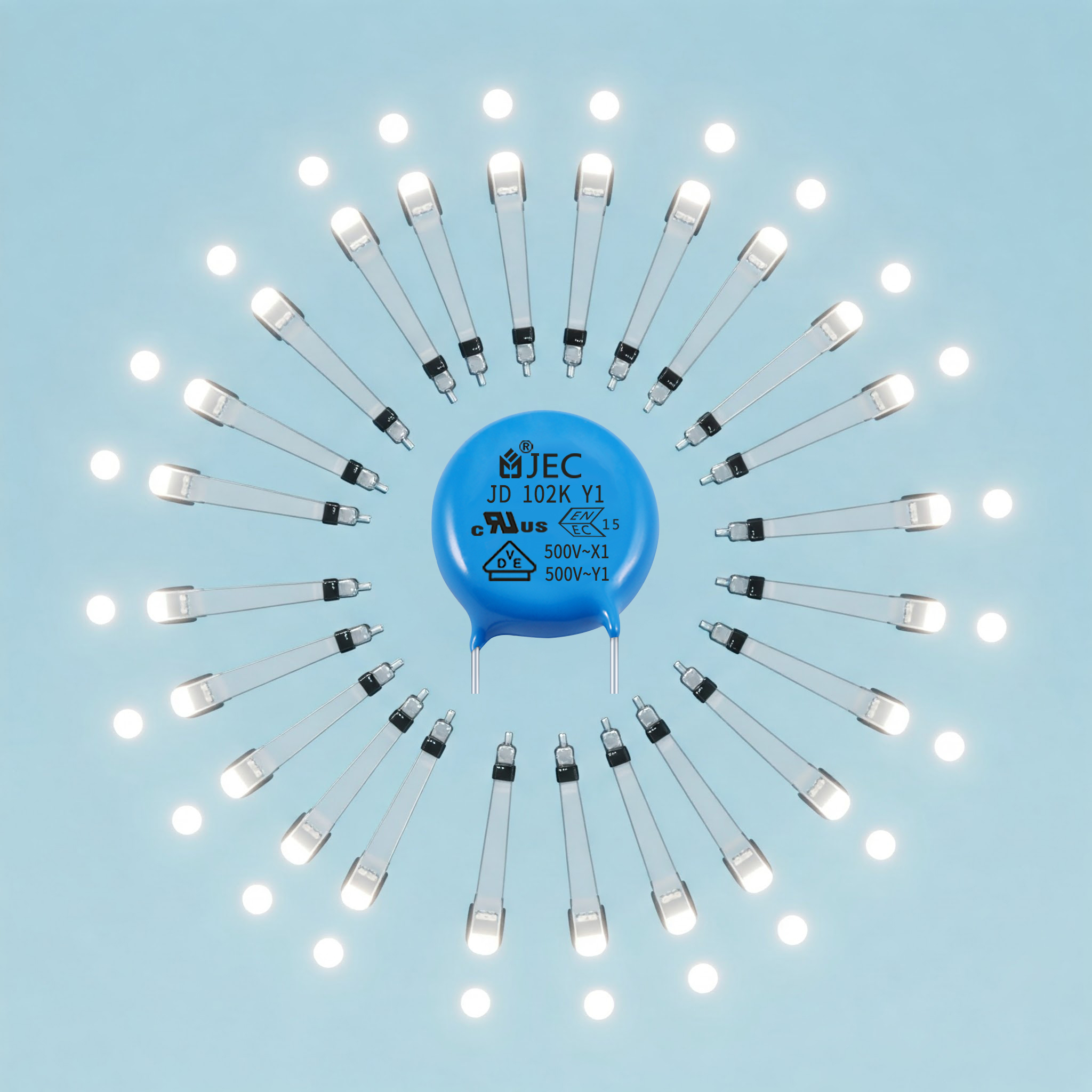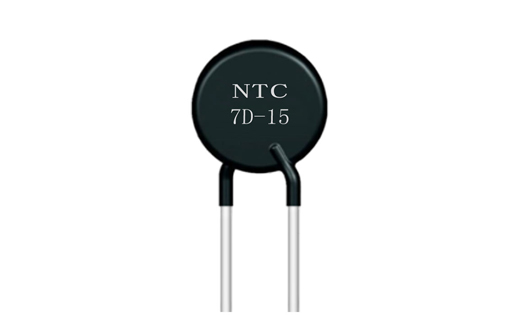May. 17, 2024
Ceramic capacitors, like all electronic devices, undergo aging during use, gradually losing effectiveness and reliability due to various factors. This natural process is common because electronic devices inherently have a limited lifespan. Ignoring this can lead to malfunctions and even fires, as seen in several incidents caused by prolonged use beyond device lifespan.
Capacitors, crucial in electronic assemblies, including ceramic capacitors, experience aging that impacts circuit stability. Ceramic capacitors, composed of ceramic material with a high dielectric constant and metal film coatings, are renowned for their simple structure, cost-effectiveness, heat resistance, and insulation properties. They find extensive use in aerospace, industrial control equipment, and digital electronics.
However, their aging is influenced by environmental factors:
Temperature: High temperatures prompt changes in internal materials and electrolytes, reducing capacitance and increasing leakage current, thus degrading performance.
Humidity: Elevated humidity causes surface moisture absorption, altering electrolyte properties and accelerating aging.
Voltage and Current: Prolonged exposure to excessive voltage or current damages the capacitor's dielectric, diminishing performance.
This aging not only affects capacitor performance but also impacts overall circuit stability and reliability, as each component within a circuit is interdependent.
Consequently, it's crucial to replace aging ceramic capacitors promptly to prevent significant losses. JYH HSU (JEC) Electronics, specializing in electronic components like capacitors and resistors, provides this insight.

Application of NTC Thermistor in Commercial Oven
May. 17, 2024


May. 17, 2024
+86 181 2299 5593
+86 18122995593
+86 769 8831 3605
Beside Luchong Bridge, Hou Road, Caibai Village, Daojiao Town, Dongguan, Guangdong, China
Navigation